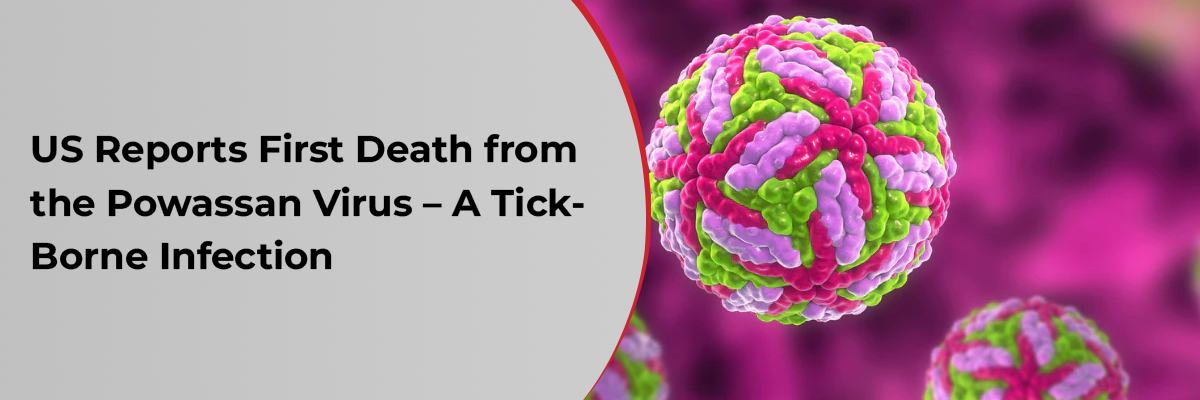
 IJCP Editorial Team
IJCP Editorial Team
US Reports First Death from the Powassan Virus – A Tick-Borne Infection
Recently, a US resident died from the rare Powassan virus infection – marking the first fatal case in the country this year. Health officials have issued warnings about the non-treatable viral disease.
Powassan virus disease is a rare and serious illness transmitted to humans through bites of infected deer, groundhog, or squirrel ticks. Although most infected individuals show no symptoms, others may experience fever, headache, vomiting, weakness, seizures, encephalitis, or meningitis.
The disease is more frequent in the northeastern and Great Lakes regions of the United States and may show a seasonal prevalence – between late spring and mid-autumn. The incidence rate in the US is about 25 annual cases.
There is currently no specific vaccine or medication for the disease, so preventive measures such as wearing protective clothing, using insect repellent, inspecting the body for ticks, and promptly removing ticks are recommended to avoid infection.

IJCP Editorial Team
Comprising seasoned professionals and experts from the medical field, the IJCP editorial team is dedicated to delivering timely and accurate content and thriving to provide attention-grabbing information for the readers. What sets them apart are their diverse expertise, spanning academia, research, and clinical practice, and their dedication to upholding the highest standards of quality and integrity. With a wealth of experience and a commitment to excellence, the IJCP editorial team strives to provide valuable perspectives, the latest trends, and in-depth analyses across various medical domains, all in a way that keeps you interested and engaged.









.jpg)








.jpg)

Please login to comment on this article